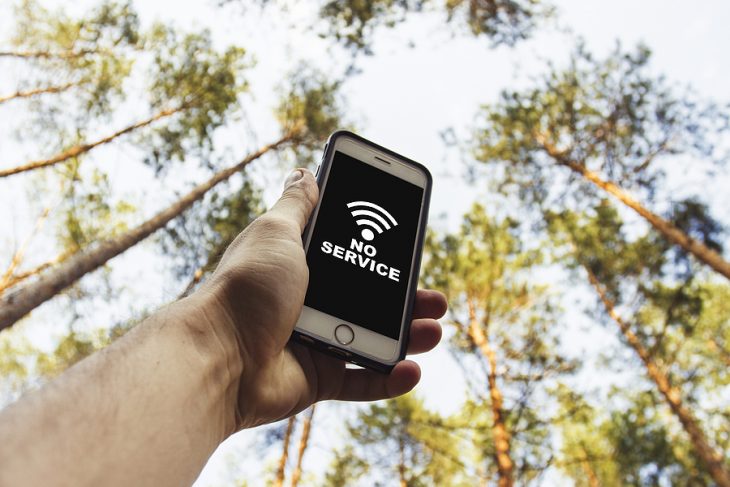
OTTAWA – More information is being sought on how the recent nationwide Rogers outage impacted the company’s deaf, hard of hearing and deaf-blind (DHHDB) customers and wholesale customers.
Late last month, Rogers submitted a report to the CRTC with answers to a series of questions about the network outage that started July 8, the publicly available version of which was heavily redacted.
Canada Deaf Grassroots Movement (CDGM) and the Deaf and Hard of Hearing Coalition (DHH Coalition), the latter of which includes Deafness Advocacy Association Nova Scotia, Newfoundland and Labrador Association of the Deaf, and Ontario Association of the Deaf, and the Competitive Network Operators of Canada (CNOC), which represents independent telecommunications service providers, are asking for parts of the report that Rogers claims are confidential to be publicly disclosed so there is a better understanding of the impact of the outage.
CDGM and the DHH Coalition said in their request for disclosure the outage “impacted DHHDB customers far more than it did they hearing counterparts,” noting that while hearing Rogers’ customers could borrow someone else’s phone to easily make a call, DHHDB customers needed a device with an application that enables them to make and receive calls – for example, Facetime, Glide, Marco Polo and CAV VRS – which not all mobile wireless devices have installed.
Among the other issues specific to DHHDB customers the groups mention is that a DHHDB customer would not have been able to borrow someone else’s mobile device to text 9-1-1 during the outage since phone numbers with this capability need to be pre-registered – a process that can take a day or two to complete.
CDGM and the DHH Coalition are asking for information to be made public about how DHHDB customers were impacted by the Rogers outage, how they will be compensated, and what improvements Rogers will make with DHHDB customers in mind.
The groups indicated once that information is made public, they will be able to analyze “what and where improvements may be made to ensure any future outage would not have such an oversized impact on DHHDB consumers.”
CNOC meanwhile is seeking more information on how Rogers’ wholesale customers were impacted by the outage.
The organization pointed to a section of Rogers’ response that discusses third-party Internet access (TPIA) providers, which is partially redacted. Indicating it is unclear what the confidential information in the section refers to (beyond, seemingly, Rogers’ TPIA customers), CNOC asked the CRTC to order Rogers to disclose the information.
“The outage had a devastating impact on Rogers’ wholesale customers, resulting in significant direct monetary costs as well as reputational harm,” its submission to the CRTC reads. “Wholesale customers should be able to understand what Rogers has told the Commission about the impact of the outage upon their services and end-users so that they may comment upon whether Rogers has accurately described the impact.”
CNOC argued this information and the ability of Rogers’ TPIA customers to comment on it is “critical to the Commission developing a complete record of the impact of the outage upon Canada’s telecommunications systems and Canadians, as well as assessing the reasonableness of the compensation that Rogers is offering its wholesale customers.”
CNOC is also requesting information about how Rogers prioritized restoring service be made public. “It is not clear why Rogers felt it was necessary to file this information in confidence as in the very next paragraph, Rogers stated that it prioritized restoring wireless services, followed by wireline services, followed by data services,” CNOC said.
The organization would like to know if wholesale services were treated less favourably compared to Rogers’ retail services as it worked to restore service after the outage.
“As Rogers has already largely described how it prioritized service restoration, there is no specific direct harm that will result to Rogers from disclosing what is presumably a more detailed explanation of its priority sequence for service restoral,” CNOC argued.
Finally, CNOC is asking for the list of Rogers’ messages to the public during the outage be made public, arguing it “cannot be considered confidential.”
The Public Interest Advocacy Centre has also asked for more information on the outage be made public. You can read about the consumer advocacy organization’s request for disclosure here. Rogers has until Friday to reply to all such requests.



